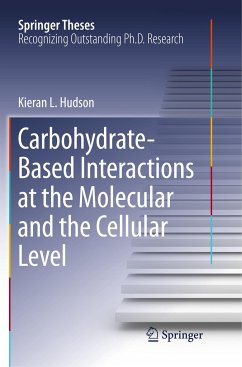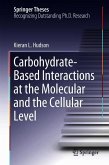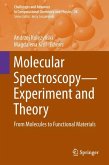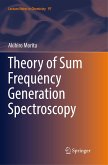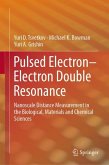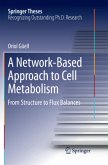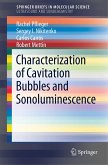This book offers a clearly written and highly accessible account of two different aspects of carbohydrate chemistry. Carbohydrates are an essential component of life and have many important biological functions, but the details of how carbohydrates interact with other biomolecules to mediate biological signalling remain unclear. Firstly, this thesis details innovative methods to mine protein structural data to uncover new features of carbohydrate-based interactions. It also explains these findings using physical chemistry, specifically CH-pi interactions associated with the properties of the interacting partners.
Carbohydrates are also critical for tissue growth and development, yet are underexploited in the materials science that underpins much of regenerative medicine. As such, the second part of this thesis describes a diverse array of techniques ranging from synthetic chemistry and enzymatic synthesis to prepare a wide variety of carbohydrates, and materials chemistry to prepare glycosylated hydrogels, to cell biology to determine the effects on cellular development for tissue engineering applications.
Carbohydrates are also critical for tissue growth and development, yet are underexploited in the materials science that underpins much of regenerative medicine. As such, the second part of this thesis describes a diverse array of techniques ranging from synthetic chemistry and enzymatic synthesis to prepare a wide variety of carbohydrates, and materials chemistry to prepare glycosylated hydrogels, to cell biology to determine the effects on cellular development for tissue engineering applications.

